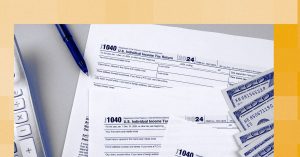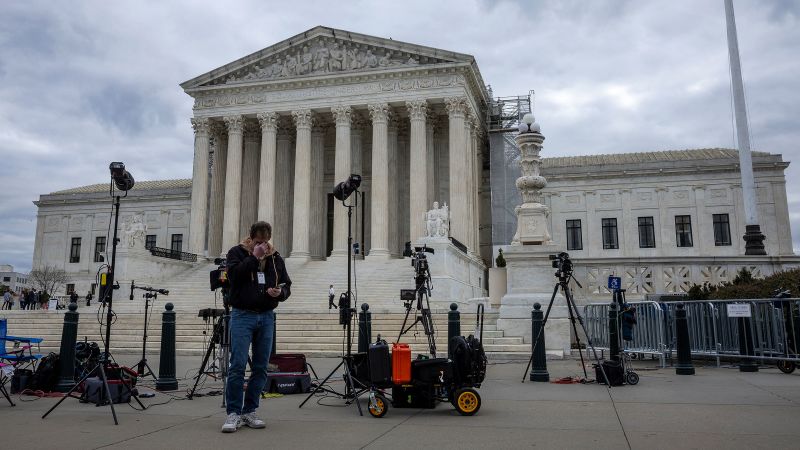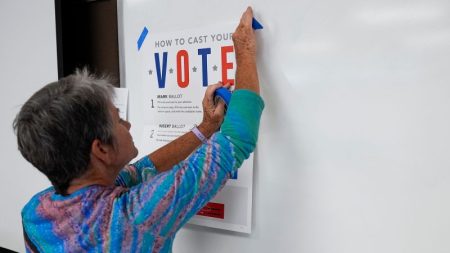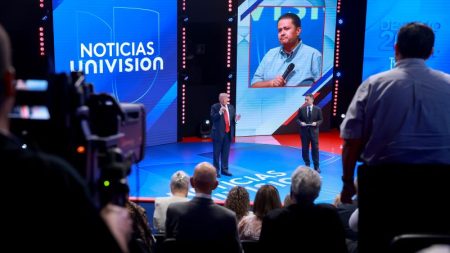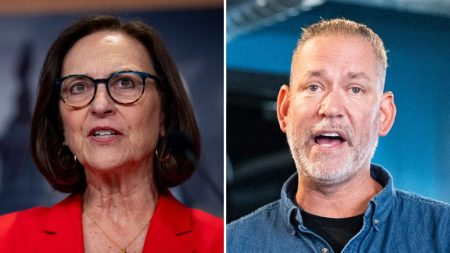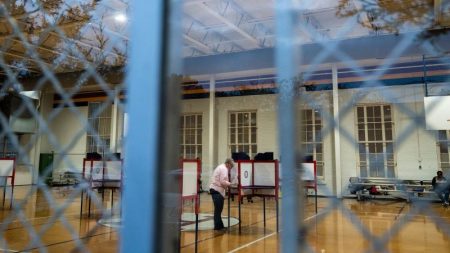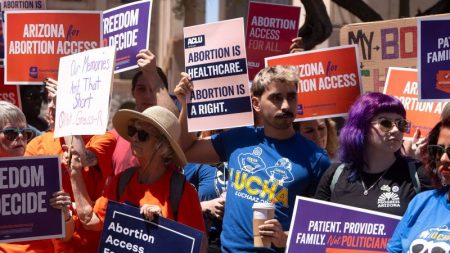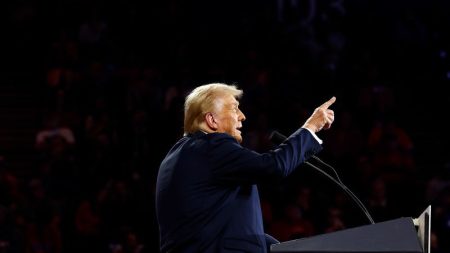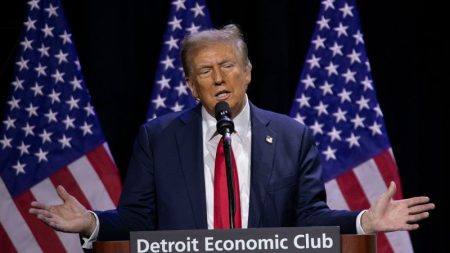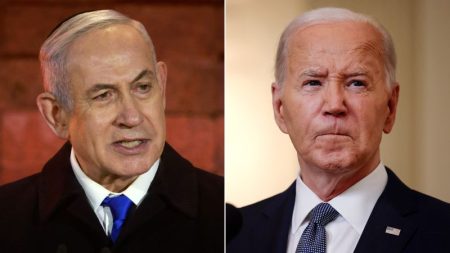The Supreme Court ruled Friday that public officials may block people on social media in certain limited circumstances in response to two challenges involving officials in Michigan and California who blocked followers who were critical of them on Facebook and X.
Justice Amy Coney Barrett wrote the first decision for a unanimous court. The second opinion was unsigned and there were no noted dissents.
In an era when public officials often communicate with voters through social media, the case – and another similar one – raised important First Amendment questions about whether those pages were private or whether they are an extension of the government.
A similar issue came to the Supreme Court when former President Donald Trump blocked several followers on the social media site then known as Twitter. A federal appeals court in New York sided against Trump, but by the time the appeal reached the Supreme Court he was out of office and the justices dismissed the dispute as moot.
It didn’t take long for the question to return, with a different set of parties. One case, O’Connor-Ratcliff v. Garnier, involves elected school board members in California who blocked the parents of students in their district. Another, Lindke v. Freed, is about a city manager in Michigan who blocked an advocate who criticized the city’s handling of Covid-19.
The Supreme Court ruled that such speech by government officials can be attributed to the state, and be subject to First Amendment scrutiny, only if the person involved has the authority to speak on the state’s behalf and if purported to exercise that authority on the social media platform.
The justices, however, didn’t fully address how the standard it was setting Friday would apply to the facts of those cases, instead letting lower courts sort that out.
“Today’s ruling splits the difference between two fairly extreme poles,” said Steve Vladeck, CNN Supreme Court analyst and professor at the University of Texas School of Law.
“As opposed to a rule that public officials are always state actors on social media, or are never, the court is clarifying the specific circumstances in which, even through a personal account, a public official is still constrained by the First Amendment in how they interact with their constituents. The lower courts will now have to apply this new test – so we’ll see how it operates on the ground. But splitting the difference in theory helps to explain why the Court was unanimous.”
Though the two cases raised common legal questions, the facts of each were slightly different.
Michelle O’Connor-Ratcliff and T.J. Zane were both elected to the Poway Unified School District board near San Diego and used their personal Facebook and Twitter accounts to communicate with the public. They said they were “spammed” by comments and replies from Christopher and Kimberly Garnier, the parents of students in the district who raised concerns about race relations. And so O’Connor-Ratcliff and Zane blocked them.
The San Francisco-based 9th US Circuit Court of Appeals sided with the parents, concluding that the social media pages were a public forum protected by the First Amendment, which meant the government could restrict the speech of voters based on their views.
James Freed was hired as the city manager of Port Huron, Michigan, in 2014. He mostly used his Facebook page to post pictures of his family but occasionally reposted press releases about city business or solicited feedback about government services. Kevin Lindke, an outspoken critic of Freed, began posted critical messages on the page in 2020 about the city’s handling of the COVID-19 pandemic.
Freed deleted those messages and blocked Lindke’s ability to post more.
The Cincinnati-based 6th US Court of Appeals backed Freed in the dispute, concluding that he didn’t operate the page to fulfill the duties of his office and didn’t use his governmental authority to maintain it.
Later this year the court will hear a dispute about state laws in Florida and Texas that could have nationwide repercussions for how social media companies display user generated content. The court will also consider lower court rulings that limit the ability of the White House and federal agencies to communicate with social media companies about content related to Covid and elections the government views as misinformation.
This story has been updated with additional details.
Read the full article here

